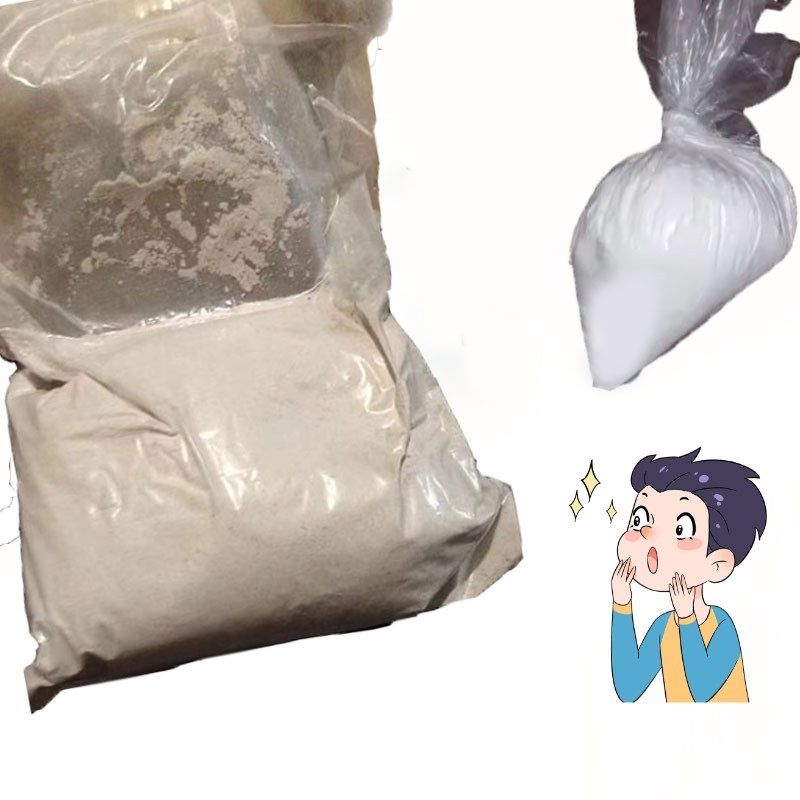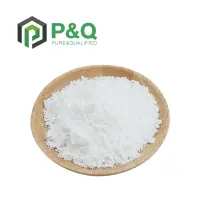Nature. The absence of p53 in the head and neck tumor seiswells lead to neuronal remodeling.
-
Last Update: 2020-07-22
-
Source: Internet
-
Author: User
Search more information of high quality chemicals, good prices and reliable suppliers, visit
www.echemi.com
The microenvironment of solid tumors includes immune cells, fibroblasts, extracellular matrix and endothelial cells, as well as nerve fibers derived from the peripheral nervous system.in the early stage of tumor development, nerve fibers form and infiltrate tumor tissue [1].the density of nerve distribution in tumor tissue is associated with poor clinical prognosis.neurogenic signals, including the activation of epinephrine in tumor infiltrating nerve fibers, are closely related to tumorigenesis, angiogenesis, invasion and metastasis.therefore, the molecular mechanism of tumor nervous system interaction is a potential therapeutic target type in the process of tumor related nerve invasion.current studies have shown that adrenergic nerve fibers can promote tumor growth, but the origin and mechanism of these nerves are still unclear.TP53 tumor suppressor gene is the most common mutation gene in head and neck cancer, which can affect many aspects of tumor formation, including the regulation of tumor microenvironment.and the expression of p53 is fluctuating in the process of nerve regeneration, which can control the plasticity of nerve in differentiation stage [2]. Whether p53 can participate in tumor nerve interaction is still unknown.on February 13, 2020, Jeffrey n. Myers, George A. Calin and Moran Amit from MD Anderson Cancer Center, University of Texas, USA, published an article entitled "loss of p53 drives neural programming in head and neck cancer" in nature.through comparative analysis of transcriptome of cancer related trigeminal sensory neurons and endogenous neurons in mice model of oral cancer, the markers of adrenergic nerve differentiation were determined.the authors also found that microRNA miR-34a deletion and TP53 loss promoted adrenergic transdifferentiation of tumor associated sensory nerves.to evaluate the role of innervation in head and neck tumors, the authors first analyzed the survival data of oral squamous cell carcinoma (OCSCC) in TCGA database.analysis found that patients with high nerve density in OCSCC had poor survival time, which was associated with p53 mutation.next, the authors used trp53flox / Flox and krt5cretrp53flox / Flox mice to construct oral cancer models. It was found that the density of nerve distribution in p53 deficient tumors was significantly higher than that in p53 expressing tumors in the early stage of tumor development.oral keratinocytes were co cultured with OCSCC cells containing p53 allele and dorsal root ganglion (DRG). It was found that mutant p53 and p53 deficient OCSCC could promote neurogenesis, which depended on the extracellular vesicles of OCSCC.and the authors found that miR-34a negatively regulated neurogenesis in the vesicles.next, the authors analyzed the transcriptome of DRGs co cultured with p53 deficient or wild-type OCSCC derived vesicles. In the former, the expression of genes related to neuronal growth, morphogenesis, synaptic formation and synaptic transmission was increased. the authors analyzed the surgical samples of OCSCC patients (TP53 + / +, n = 12; tp53mut, n = 12) from MD Anderson tumor center. The results showed that the nerve fiber density of tyrosine hydroxylase (ADR) in p53 deficient samples was significantly higher than that in wild-type p53 tumor tissues. these results suggest that the recruitment of proximal adrenergic neurons is associated with the loss of p53 in tumors. the authors injected 6-hydroxydopamine into the mice inoculated with tumor cells to eliminate the original adrenergic neurons, and then carried out the xenotransplantation experiment of OCSCC. It was found that the signals from tumor cells regulate the infiltration of new adrenergic neurons and promote the growth of tumors, rather than the original adrenergic neurons in tissues. for 70 patients from MD Anderson tumor center and follow-up evaluation, patients with high TH + nerve density had lower recurrence free survival rate. the analysis of other influencing factors showed that nerve density in tumor can be used as an independent prognostic indicator of oral cancer. this study revealed that the interaction between tumor cells and neurons promotes tumor related neuronal reprogramming, and the reprogrammed adrenergic neurons stimulate the growth of tumor feedback loops. although more research is needed to analyze the relationship between tumor related neurogenesis and tumor progression, this study provides support for the treatment of head and neck tumors with drugs targeting axon growth and adrenergic nervous system. Magnon, C. et al. Autonomous nerve development contributions to state cancer progression. Science 341, 1236361 (2013). 2. Yun, M. H., gates, P. B. & amp; Brocks, J. P. regulation of p53 is critical for vertebrate limb regulation. Pro. Natl Acad. SCI. USA 110, 17392 – 17397 (2013)
This article is an English version of an article which is originally in the Chinese language on echemi.com and is provided for information purposes only.
This website makes no representation or warranty of any kind, either expressed or implied, as to the accuracy, completeness ownership or reliability of
the article or any translations thereof. If you have any concerns or complaints relating to the article, please send an email, providing a detailed
description of the concern or complaint, to
service@echemi.com. A staff member will contact you within 5 working days. Once verified, infringing content
will be removed immediately.







